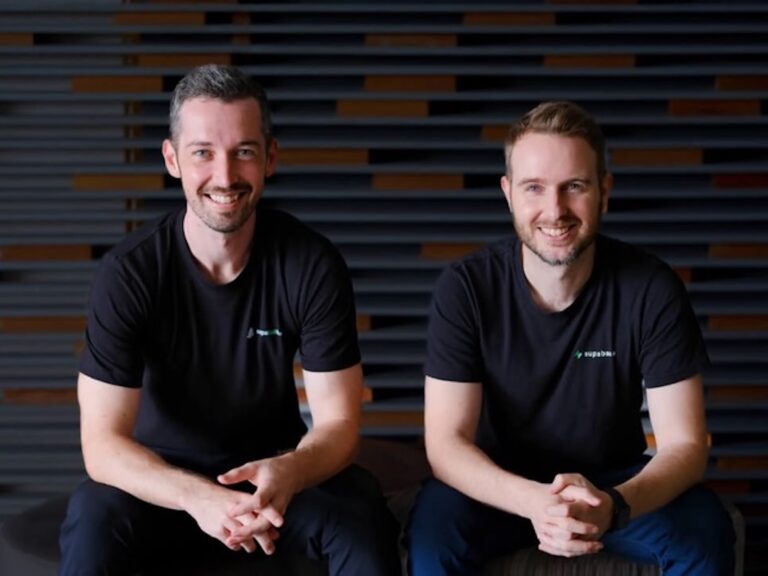Matt Mullenweg Suspends WordPress Contributor Accounts Amid Controversial Fork Allegations
In a significant turn of events within the WordPress community, Matt Mullenweg, CEO of Automattic and co-creator of WordPress, has deactivated the accounts of several prominent community members. This action comes amidst ongoing discussions about the future governance of the open-source project and potential forks.
Background on the WordPress Community Dispute
The latest controversy began in September 2023, when Mullenweg publicly criticized WP Engine, a commercial hosting provider that utilizes WordPress technology, for its profit-driven approach lacking substantial contributions back to the community. This sparked a series of escalating events, including a lawsuit filed by WP Engine after being barred from accessing essential WordPress resources, which led to a court ordering the restoration of access.
Key Figures in the Community Respond
Amid these tensions, notable figures from the WordPress ecosystem, such as Joost de Valk, founder of the popular SEO plugin Yoast, and Karim Marucchi, CEO of Crowd Favorite, have voiced their opinions. De Valk shared his vision for a “new WordPress era,” proposing the idea of “federated and independent repositories” for themes and plugins.
- De Valk emphasized that merely having mirrors of WordPress.org wouldn’t resolve the issue of centralized control over updates.
- Marucchi echoed similar sentiments in his blog post, advocating for collaborative governance.
Mullenweg’s Reaction and Account Deactivation
Mullenweg has acknowledged the discussions around the possibility of creating a new fork—a term that refers to taking open-source code to develop an independent version. However, in a recent TechCrunch statement, both de Valk and Marucchi clarified that they never intended to fork WordPress.
This week, Automattic announced a decision to reduce its contributions to the core WordPress project, aligning its efforts with those of WP Engine. In response, de Valk expressed his willingness to lead the next WordPress release, with Marucchi’s support.
Impact of Account Deactivation
Deactivating WordPress.org accounts hinders the affected individuals from contributing to the core project and associated plugins or themes. Mullenweg also deactivated accounts for three other community members, including Sé Reed, the newly appointed president of the WP Community Collective, which aims to foster collaboration within the WordPress ecosystem.
In a surprising turn, Heather Burns and Morten Rand-Hendriksen expressed their disbelief over their account deactivations, suggesting that it was a targeted move due to their past critiques of WordPress governance.
The Future of WordPress Governance
While Mullenweg suggested humorously that any new fork could be named “JKPress,” he also acknowledged the innovative potential of open-source projects. He stated, “The beauty of open source is that they can take all of the GPL code in WordPress and ship their vision.”
As the WordPress community navigates these changes, the emphasis on governance, accountability, and the potential for new leadership models remains at the forefront of discussions.
For more information on the evolving landscape of WordPress, visit the official WordPress website or explore insights on WPBeginner.







